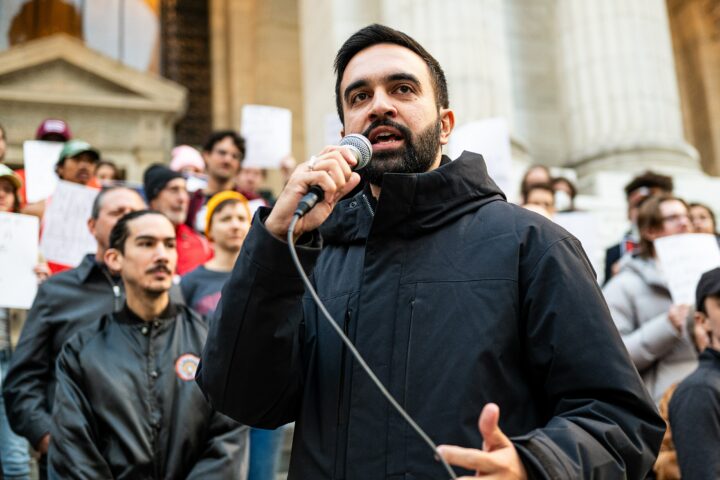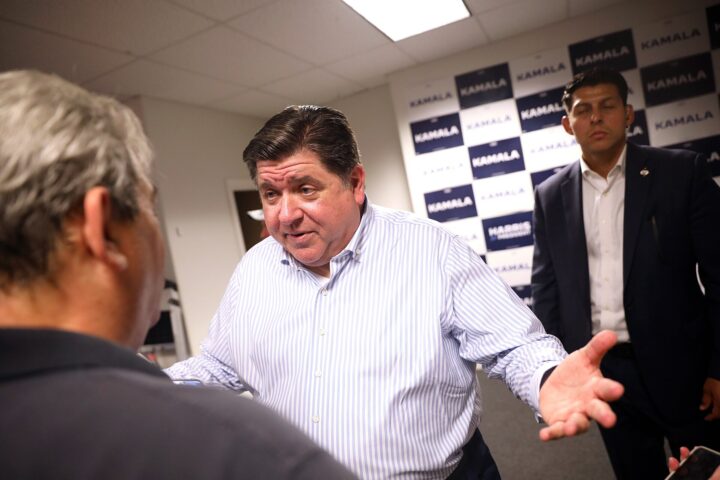In a new interview, Treasury Secretary Scott Bessent articulated a vision for addressing the United States’ burgeoning national debt, asserting that economic growth is the key to financial sustainability.
Speaking with Fox News host Bill Hemmer, Bessent claimed that the nation can manage its mounting debt—currently nearing $37 trillion—by prioritizing economic expansion.
Bessent’s comments come amid concerns regarding President Donald Trump’s proposed “Big, Beautiful Bill,” which the Congressional Budget Office projects will add $3.8 trillion to the national deficit over the next decade.
With the federal deficit exceeding $2 trillion, the fiscal landscape appears increasingly precarious. Nevertheless, Bessent remains optimistic, emphasizing the need for the economy to outpace the growth of the debt itself.
He highlighted the importance of the debt-to-GDP ratio, observing that while U.S. debt accounted for 124% of nominal GDP last December—a decrease from a peak of 130.4% in March 2021—further economic growth could stabilize the nation’s financial future.
“If we change the growth trajectory of the economy, we can grow our way out of this,” he stated, advocating for policies that foster economic dynamism.
Central to Bessent’s strategy is a plan to reduce taxes, a critical component of Trump’s legislative proposal.
The administration contends that lower taxes and deregulation will stimulate the economy, enhance manufacturing, and ultimately increase tax revenues without raising rates.
However, skepticism remains, particularly given a Congressional Budget Office forecast predicting that the deficit will continue to surpass economic growth for the next 30 years, potentially reaching 8.5% of GDP by 2054.
Bessent’s ambitious goals include cutting the deficit to 3% by 2028 and achieving real economic growth of 3%, primarily through deregulation.
He also aims to boost energy production by adding 3 million new barrels per day.
Despite these aspirations, some conservative Republicans express concern that the “Big, Beautiful Bill” fails to adequately address government spending.
Representatives Thomas Massie and Warren Davidson, for instance, voted against the legislation, arguing that the approach does not sufficiently curb spending.
In response to dissenting opinions, White House Press Secretary Karoline Leavitt characterized the two congressmen as “grandstanders.”
She defended the proposed bill, questioning the alternative for those opposing it. “Did they want to see a tax hike? Did they want to see our country go bankrupt?” she asked, reiterating the administration’s belief in the necessity of a unified Republican front.
As the bill moves to the Senate, it faces additional scrutiny, particularly from Senator Rand Paul, who has voiced his intention to vote against it unless substantial changes are made.
Paul’s concerns echo a wider apprehension among conservatives about the implications of significantly increasing the debt ceiling.
As the national debt looms large, Bessent’s focus on economic growth presents a contentious yet hopeful pathway toward financial stability, though the road ahead is fraught with political challenges.
[READ MORE: Zeldin Slams Democrats Over Reform of EPA]








